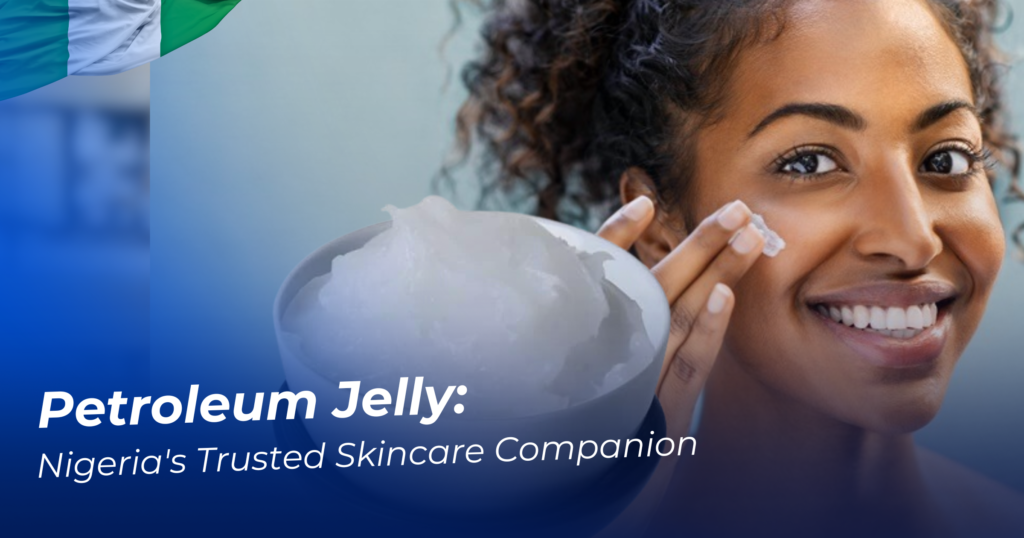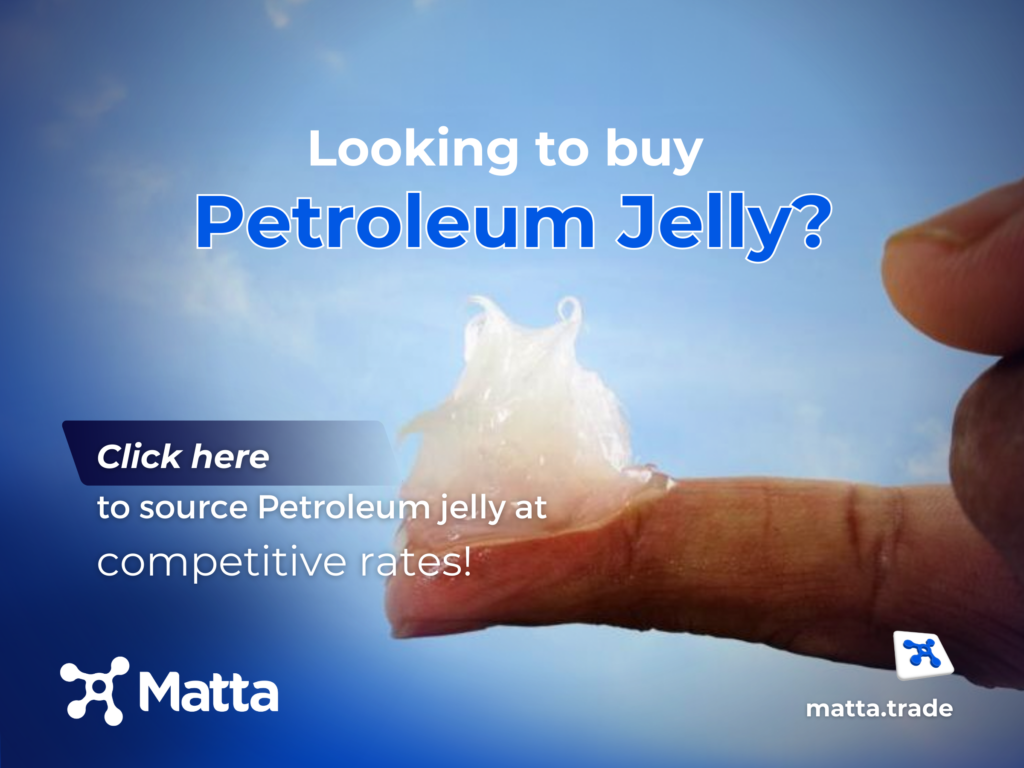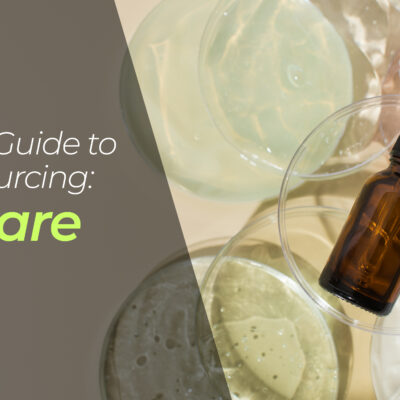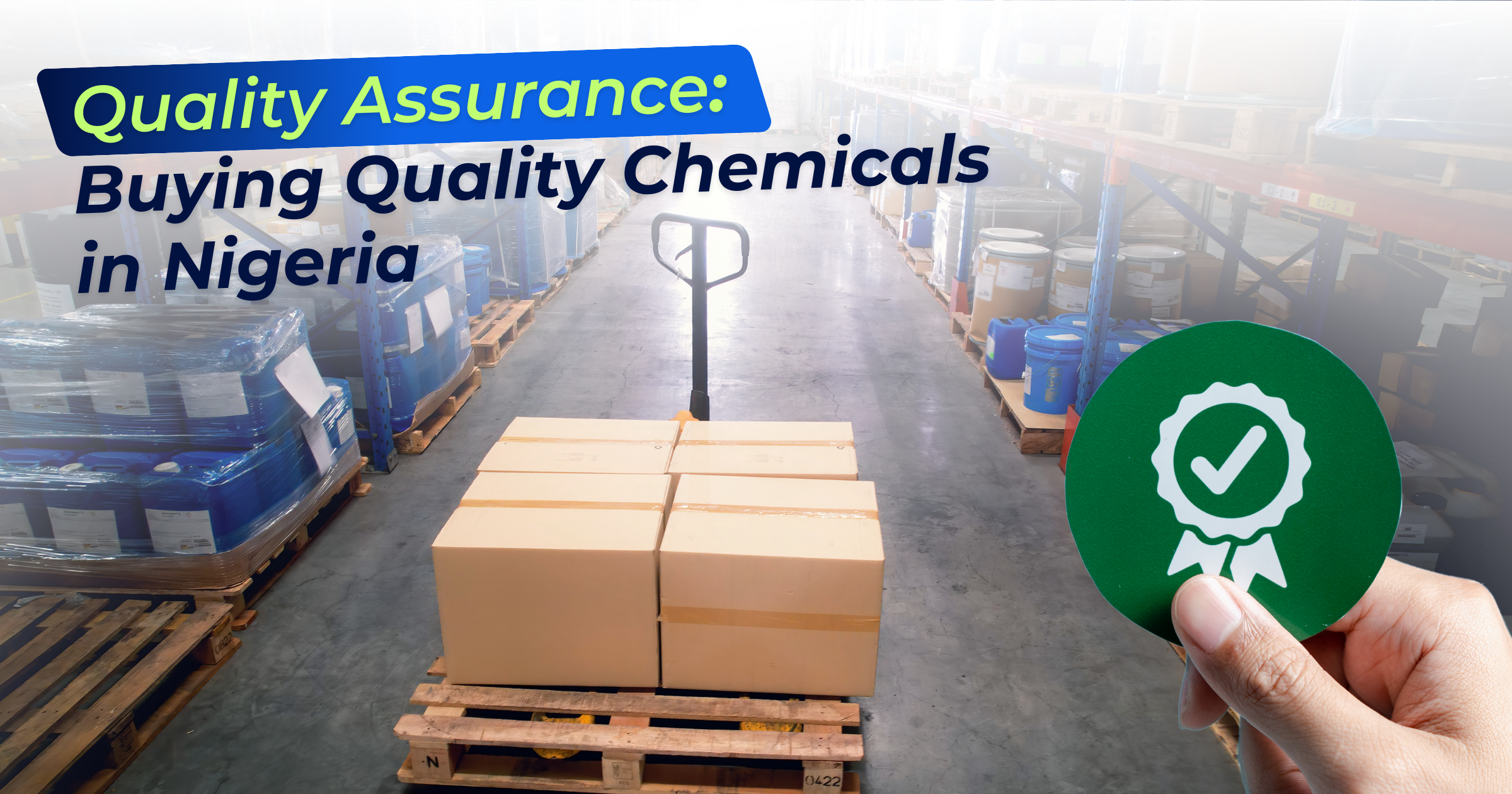
Before we delve into the nitty-gritty of Petroleum Jelly and its iconic status in Nigeria’s skincare scene, let’s take a moment to appreciate the unsung heroes of our daily routines. You see, sometimes the most impactful things come in the most unassuming packages. And in the skincare world, Petroleum Jelly is that unassuming hero—a simple yet powerful ally that has nurtured Nigerian skin for generations.
In a world where skincare trends come and go like the wind, it’s easy to overlook the classics—the tried-and-true products that have stood the test of time. That’s why we’ve decided to spotlight Petroleum Jelly, a product so profoundly ingrained in Nigeria’s skincare culture that it’s almost taken for granted.
This article isn’t just a rundown of the benefits of Petroleum Jelly, although you’ll find plenty of those here. It explores a cultural phenomenon, a tribute to a skincare hero that has nurtured generations of Nigerians. We’ll delve into its rich history, multifaceted applications, and why it is a trusted companion in Nigerian households.
So, whether you’re a skincare newbie looking for reliable products or someone who has grown up with a jar of Petroleum Jelly always within arm’s reach, this article has something for you. Expect to come away with knowledge and a newfound appreciation for this humble yet powerful skincare staple.
The History of Petroleum Jelly and Its Evolution
The story of petroleum jelly began in the mid-19th century with chemist Robert Chesebrough. While visiting oil rigs in Titusville, Pennsylvania, he observed workers using a gooey substance called “rod wax” to heal cuts and burns. Intrigued, Chesebrough took samples back to his Brooklyn lab, where he spent years refining the substance. Eventually, he created a lighter, clearer jelly, which he patented as “Vaseline” and introduced to the market in 1870 as a “wonder jelly” for healing wounds, burns, and chapped skin.
During World War I and II, petroleum jelly gained prominence as a medical staple, included in first aid kits and used for treating soldiers’ skin conditions. By the mid-20th century, its applications diversified; it became a lubricant and rust preventative in various industries, leading to flavored and colored variations tailored for different consumer needs.
The late 20th century saw a boom in the beauty and skincare industry. Brands incorporated petroleum jelly into moisturizers, lotions, lip balms, and makeup removers. Esteemed brands like Elizabeth Arden featured it in luxury skincare lines, highlighting its versatility. Simultaneously, DIY beauty hacks proliferated, with magazines and online forums sharing tips on using petroleum jelly for various quick fixes.
In the 21st century, celebrities endorsed its benefits, elevating petroleum jelly’s status. However, growing awareness about ingredient purity and environmental impact emerged, prompting the rise of “white petroleum jelly” as a more refined alternative. Today, while petroleum jelly remains a household staple, plant-based alternatives like shea and cocoa butter are gaining popularity among those preferring natural products.
The Nigerian Skincare Landscape
Nigeria’s skincare market is a fascinating blend of tradition and modernity, where age-old remedies coexist with cutting-edge products. The industry has grown significantly in recent years, thanks to a burgeoning middle class and a heightened awareness of skincare’s importance. The options are endless, from luxury serums to organic lotions, but one product remains popular—Petroleum Jelly.
Nigeria boasts a diverse and rapidly growing skincare market shaped by cultural heritage and an increasing focus on skincare routines. The climate, ranging from humid in the south to arid in the north, significantly influences skincare choices. While natural ingredients like shea butter, coconut oil, and aloe vera remain popular, there’s a rising demand for scientifically formulated products.
Petroleum jelly has been a staple in Nigerian households for generations due to its versatility in addressing common skin issues like dryness and minor burns. Particularly in the northern regions, where dry air prevails, it serves as an effective moisturizer.
Nigerians trust petroleum jelly for several compelling reasons. Its long history of use fosters deep-rooted trust, as families have relied on it for generations. Its multi-generational appeal means it serves infants, adults, and the elderly alike. Additionally, its straightforward application makes it user-friendly.
The product’s non-comedogenic nature allows it to suit various skin types, including acne-prone skin. Often composed of a single ingredient—petrolatum—petroleum jelly is free from additives that could irritate. This simplicity, coupled with its adaptability to both traditional and modern uses, enhances its reputation.
Moreover, its economic value is significant; a single jar can serve multiple purposes, making it a cost-effective choice. Community endorsements further reinforce its trustworthiness, while scientific research validates its efficacy. In Nigeria’s tropical climate, petroleum jelly remains stable and effective, unlike other skincare products that may degrade.
Applications of Petroleum Jelly in Skincare
Petroleum jelly is a skincare powerhouse with versatile applications, making it a staple in beauty routines.
The Ultimate Moisturizer: Its occlusive properties lock in moisture, making it ideal for dry and cracked skin, especially during harmattan.
First Aid in a Jar: This product aids in wound healing, serving as a go-to for minor cuts, burns, and insect bites.
Budget-Friendly Makeup Remover: It effectively dissolves stubborn waterproof makeup, offering a skin-friendly alternative to commercial removers.
Lip Service: A small dab relieves chapped lips instantly, making it a handbag essential.
Baby Care: Trusted for generations, it prevents diaper rash and soothes delicate skin.
Foot Care: Applying it before bed can heal cracked heels.
After-Shave Soother: Men use it to reduce razor burn and irritation.
Anti-Chafing: It protects against friction during physical activities.
Tattoo Aftercare: It keeps new tattoos moist during healing.
Sunburn Relief: It soothes sunburned skin by locking in moisture.
Eczema Relief: It provides temporary relief by aiding skin repair.
The Impact of Petroleum Jelly on the Nigerian Skincare Sector
Petroleum Jelly’s influence on the Nigerian skincare market is profound and enduring. This humble product has survived and thrived in an industry constantly evolving with new trends and innovations. Its versatility, affordability, and cultural significance make it a force to be reckoned with, shaping consumer behaviour and industry practices.
Here are a few points to note on the impact of this substance on the Nigerian skincare sector.
Market Presence
Petroleum Jelly’s ubiquitous availability across Nigeria, from high-end beauty stores to local markets, speaks volumes about its market penetration. It’s a product that transcends socio-economic barriers, making it a staple in a diverse range of households.
Consumer Loyalty
The product enjoys high consumer loyalty, often passed down through generations. This loyalty is a cultural phenomenon and a significant market driver, influencing purchase behaviours and brand preferences.
Influence on Local Brands
Many local skincare brands in Nigeria incorporate Jelly into their product lines, either as a standalone product or as a critical ingredient in formulations. Its enduring popularity makes it a valuable asset for brands looking to establish trust and credibility.
Economic Impact
The production and distribution of Petroleum Jelly contribute to local economies, providing jobs and business opportunities. Its widespread use also drives demand for ancillary products like packaging materials, further boosting economic activity.
Environmental Considerations
While Petroleum Jelly is stable and long-lasting, its environmental impact is relatively low compared to other skincare products that may contain harmful additives or require extensive manufacturing processes.
Wrapping up
As we reach the end of this enlightening journey, it’s clear that Petroleum Jelly is far more than a skincare product; it’s a cultural icon, a unifying force, and a testament to Nigerian resilience and ingenuity. From its humble beginnings to its current status as a trusted skincare companion, Petroleum Jelly has woven itself into the very fabric of Nigerian society.
But the story doesn’t end here. As we look to the future, we see a landscape ripe for innovation, where tradition and modernity coalesce to redefine skincare in Nigeria. Whether it’s sustainable packaging, enhanced formulations, or community partnerships, the next chapter promises to be as exciting as the last.
So, the next time you open that familiar jar, take a moment to appreciate the rich history and boundless possibilities it represents. Because Petroleum Jelly is not just a product; it’s a legacy, a story, and a promise of what’s yet to come.
Thank you for reading.
FAQs
Why doesn’t Petroleum Jelly evaporate like water-based moisturizers?
The magic lies in the hydrophobic nature of P Jelly. It is lipophilic, meaning it repels water, creating an occlusive barrier on the skin. It doesn’t evaporate because it’s not water-based to begin with. It’s like the VIP club of moisturizers—once it’s on, it’s staying put.
Can Petroleum Jelly combust spontaneously?
Despite its origin from crude oil, Petroleum Jelly has a high flash point and is not prone to spontaneous combustion. So, no, it won’t turn you into a human torch. It’s stable, folks.
Why doesn’t Petroleum Jelly dissolve in water?
Simple chemistry—like dissolves like. Petroleum Jelly is non-polar, while water is polar. They’re like that couple that just can’t get along; they don’t mix.
Can I use Petroleum Jelly to lubricate machinery?
Technically, yes, but it’s not advisable. It’s not engineered for high friction and temperature conditions. Stick to industrial lubricants for your machinery and leave the Jelly for your skin.
Does Petroleum Jelly have a chiral centre?
No, it’s an achiral compound. There are no enantiomers here, just a straightforward, symmetrical molecular structure.
Can Petroleum Jelly conduct electricity?
Absolutely not. It’s an insulator, not a conductor. Don’t even think about using it for any electrical hacks.
Is Petroleum Jelly a colloid?
Negative. It’s a homogenous mixture of hydrocarbons—no dispersed particles floating around in a continuous phase here.
Can Petroleum Jelly be used as a solvent?
It can act as a solvent for some lipid-soluble compounds, but it’s designed for something else. If you want to dissolve something, using a dedicated solvent is best.
Why doesn’t Petroleum Jelly react with most chemicals?
It’s chemically inert and doesn’t pick fights with other compounds. It’s the zen master of the chemical world.
Can Petroleum Jelly expire?
While it has no formal expiration date, its properties can degrade over time, especially if contaminated. So, it’s not immortal, but it’s close.





